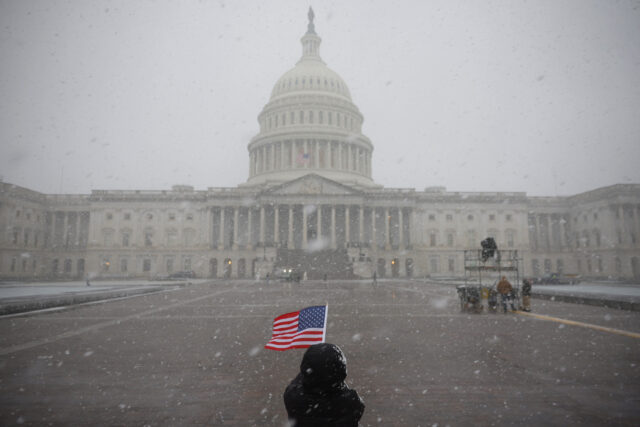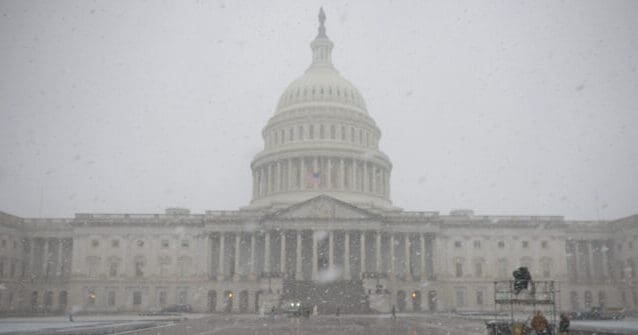
There’s a funny thing about tax policy: even when it isn’t changing, the mere possibility that it might change can do real economic damage. This brings us to the debate over bonus depreciation—a provision that, in the grand tradition of tax policy, Washington has made unnecessarily complicated, subject to arbitrary expiration dates, and now a source of economic uncertainty.
Bonus depreciation, introduced in the 2017 Tax Cuts and Jobs Act, was a simple concept: businesses could immediately deduct the full cost of capital investments, rather than depreciating them over years. This was a boon to business investment, encouraging companies to upgrade equipment, expand operations, and modernize infrastructure. It was, in essence, a policy designed to front-load economic growth by making investment cheaper today rather than dragging out deductions over time.
Support authors and subscribe to content
This is premium stuff. Subscribe to read the entire article.
